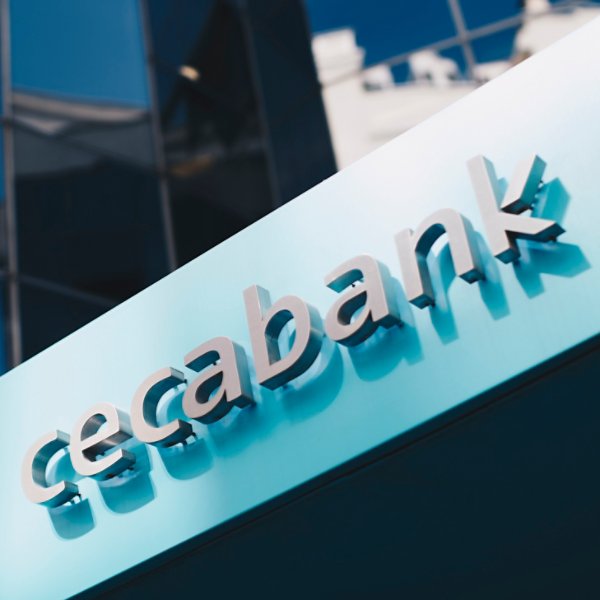By Petra Goude, Global Practice Leader for Core Enterprise & zCloud at Kyndryl
Enterprise computing began with the mainframe, which has reinvented itself over time to remain an asset for complex and mission-critical workloads. As mainframe customers embrace the hybrid cloud era, they must modernize to allow integration and deployment of data and applications across multiple platforms.
That’s why companies across industries are seeking to manage their technology and skills deficits. It is important that their IT estate runs the right workloads on the right platforms and that their workforce can handle the next generation of computing challenges.
The convergence of AI, mainframe and cloud is shaping the evolution of IT. The world’s biggest financial institutions, manufacturers and healthcare providers have relied on the mainframe and classic programming languages like COBOL, PL/I and REXX since the beginning of enterprise computing. The mainframe continues to serve these companies well. But the very nature of the mainframe — what enables its reliability, resilience and security capabilities — contributes to difficulties with systems modernization. This is where AI and generative AI can help.
Artificial intelligence and generative AI can help accelerate mainframe modernization efforts. However, utilizing responsible AI and generative AI in mainframe environments requires a thorough understanding of the technology, in addition to cloud and mainframe domain expertise. Embedding various types of AI into mainframe and hybrid cloud environments can help augment human capabilities, streamline automation of business processes and generate actionable insights from data.


